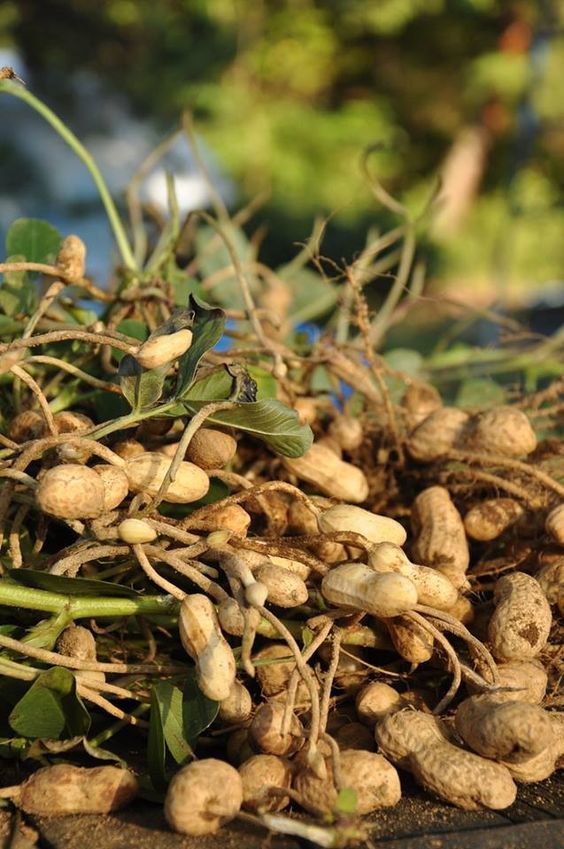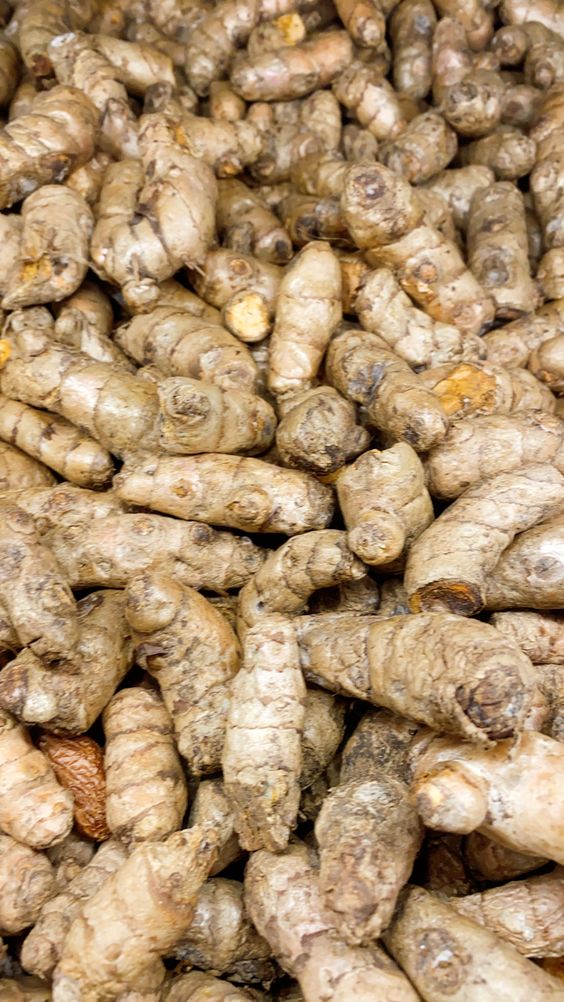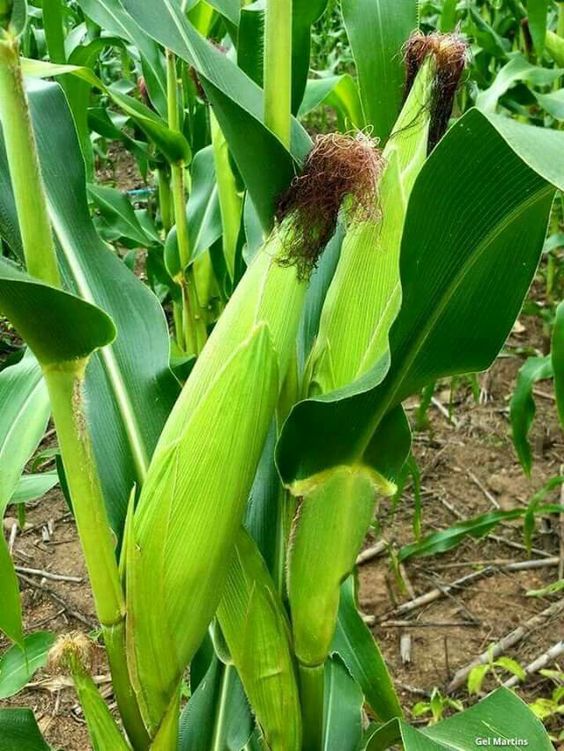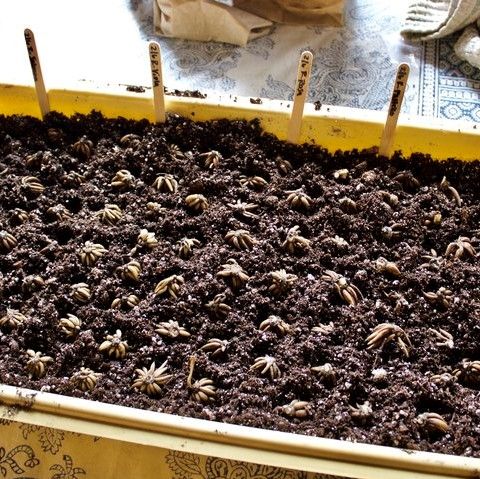Precision Agriculture for Peanuts: Embracing Smart Agriculture for Enhanced Yields
Precision Agriculture for Peanuts,sector is undergoing a transformative phase with the advent of precision agriculture and smart farming technologies. These innovations offer tailored solutions to enhance productivity, sustainability, and efficiency across various crops, including peanuts. Precision agriculture employs advanced tools and methodologies to optimize crop management by using data-driven insights. For peanut cultivation, leveraging these technologies can significantly improve yield, reduce waste, and increase profitability.
Precision agriculture (PA) refers to a farming management concept that utilizes information technology and a range of technologies to observe, measure, and respond to variability in crop production. The goal is to manage field variability in crops more effectively, thus increasing productivity and sustainability. This approach involves the use of GPS technology, remote sensing, data analytics, and other smart technologies to optimize farming practices.
Smart agriculture encompasses the use of advanced technologies such as the Internet of Things (IoT), artificial intelligence (AI), drones, and satellite imaging to monitor and manage agricultural activities. For peanut farming, these technologies play a crucial role in enhancing productivity and efficiency.
Contents
- 1 Technologies in Precision Agriculture for Peanuts
- 2 Objectives of Implementing Precision Agriculture in Peanut Farming
- 3 Explanation of Key Precision Agriculture Practices for Peanuts
- 4 Usefulness and Advantages of Precision Agriculture for Peanuts
- 5 Challenges and Considerations in Implementing PPrecision Agriculture for Peanuts
Technologies in Precision Agriculture for Peanuts
- GPS and GIS Technologies: Global Positioning Systems (GPS) and Geographic Information Systems (GIS) provide accurate location data and spatial information. This enables farmers to implement precise planting, irrigation, and fertilization practices, tailored to the specific needs of different areas within a field.
- Remote Sensing: Remote sensing technologies use satellite imagery and aerial drones to monitor crop health, soil conditions, and environmental factors. This data helps in making informed decisions regarding irrigation, pest control, and nutrient management.
- IoT and Sensor Technologies: IoT devices and sensors collect real-time data on soil moisture, temperature, and other critical variables. This data allows for precise irrigation and fertilization, reducing resource wastage and improving crop health.
- Data Analytics and AI: Data analytics and AI algorithms process vast amounts of data to generate actionable insights. These insights help in predicting crop yields, detecting early signs of disease or pest infestation, and optimizing resource allocation.
Benefits of Precision Agriculture for Peanuts
- Increased Yield: Precision Agriculture for Peanuts enables targeted interventions that can significantly increase peanut yields. By addressing the specific needs of different areas within a field, farmers can optimize growth conditions and achieve higher productivity.
- Resource Efficiency: Smart technologies allow for precise application of water, fertilizers, and pesticides. This not only reduces the overall usage of these resources but also minimizes environmental impact and lowers operational costs.
- Reduced Environmental Impact: By using data-driven insights to manage inputs more efficiently, precision agriculture helps in reducing runoff, soil erosion, and other negative environmental impacts. This contributes to more sustainable farming practices.
- Improved Pest and Disease Management: Remote sensing and data analytics provide early detection of pest infestations and disease outbreaks. This allows for timely and targeted interventions, reducing crop loss and minimizing the need for broad-spectrum chemical treatments.
- Enhanced Soil Health: Precision Agriculture for Peanuts practices, such as variable rate fertilization and targeted irrigation, promote better soil health by preventing overuse of chemicals and maintaining optimal moisture levels.
Objectives of Implementing Precision Agriculture in Peanut Farming
- Optimize Resource Use: Precision Agriculture for Peanuts.To maximize the efficiency of inputs such as water, fertilizers, and pesticides through precise application methods.
- Enhance Crop Management: Precision Agriculture for Peanuts,To improve crop management practices by using real-time data and advanced technologies for better decision-making.
- Increase Profitability: Precision Agriculture for Peanuts,To boost profitability by increasing yields, reducing input costs, and minimizing waste.
- Promote Sustainability: Precision Agriculture for Peanuts,To support sustainable farming practices by reducing environmental impact and conserving resources.
Explanation of Key Precision Agriculture Practices for Peanuts
- Variable Rate Technology (VRT): VRT involves the application of inputs (such as fertilizers and pesticides) at varying rates across a field based on specific needs. This practice ensures that each area of the field receives the optimal amount of inputs, improving crop growth and reducing waste.
- Site-Specific Management: This approach uses data collected from GPS and remote sensing technologies to manage different parts of a field according to their unique requirements. For peanuts, this could involve adjusting planting densities, irrigation schedules, and nutrient applications based on soil and crop conditions.
- Yield Mapping: Yield mapping involves collecting data on crop yields from different areas of a field and analyzing it to identify patterns and variations. This information helps in understanding field performance and making informed decisions for future planting and management.
- Precision Irrigation: Precision Agriculture for Peanuts irrigation systems use data from soil moisture sensors and weather forecasts to provide optimal water levels for crops. This approach reduces water usage and ensures that peanuts receive adequate moisture for growth.
Usefulness and Advantages of Precision Agriculture for Peanuts
- Economic Efficiency: Precision Agriculture for Peanuts reduces input costs and increases yield, leading to improved economic efficiency. Farmers can achieve higher profits by making data-driven decisions that enhance crop production.
- Improved Crop Quality: Precision Agriculture for Peanuts,By managing crops with precision, farmers can produce higher-quality peanuts with better uniformity and fewer defects. This can result in higher market value and better consumer satisfaction.
- Better Risk Management: Precision Agriculture for Peanuts provides tools for early detection of potential issues such as disease or nutrient deficiencies. This proactive approach helps in managing risks and preventing crop loss.
- Scalability and Flexibility: Precision Agriculture for Peanuts technologies can be scaled to different field sizes and adapted to various farming practices. This flexibility allows farmers to implement smart agriculture solutions that suit their specific needs.
Challenges and Considerations in Implementing PPrecision Agriculture for Peanuts
Precision Agriculture for Peanuts,While precision agriculture offers numerous benefits, there are also challenges and considerations that farmers should be aware of when implementing these technologies.
- Cost of Technology: The initial investment in precision agriculture technologies can be high. Farmers need to assess the cost-benefit ratio and determine whether the potential increase in yields and resource efficiency justifies the investment.
- Technical Expertise: Utilizing precision agriculture tools requires a certain level of technical expertise. Farmers may need training or support to effectively use and interpret data from these technologies.
- Data Management: Precision agriculture generates large amounts of data that need to be analyzed and managed effectively. Farmers must have systems in place to handle and interpret this data to make informed decisions.
- Technology Integration: Integrating various technologies, such as GPS, remote sensing, and data analytics, can be complex. Ensuring compatibility and seamless operation of these systems is crucial for successful implementation.
Precision agriculture represents a significant advancement in farming technology, offering numerous benefits for peanut cultivation. By integrating smart agriculture technologies, farmers can enhance productivity, improve resource efficiency, and promote sustainability. The use of GPS, remote sensing, IoT, and data analytics allows for precise management of crops, leading to increased yields and reduced environmental impact. As the agricultural sector continues to evolve, adopting precision agriculture practices will be crucial for meeting the growing demands of food production and ensuring the future of sustainable farming. Embracing these innovations will not only benefit peanut farmers but also contribute to the overall advancement of the agricultural industry.




